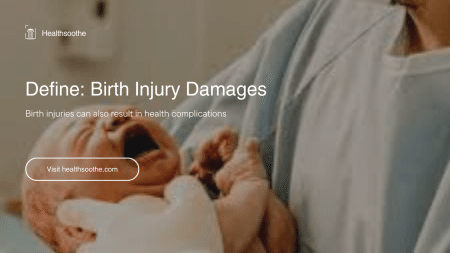This post may contain affiliate links. Read our disclosure policy.
- Seek Professional Help
- Talk About Your Experience
- Seek Compensation for Your Losses
- Practice Relaxation Techniques
- Set Realistic Goals
- Conclusion
A car accident can be a traumatic and life-altering event, impacting not only your physical well-being but also your emotional state. Emotional recovery is a vital aspect of healing after a car accident, and can also help to get you back behind the wheel. In this blog post, we'll explore five effective strategies for recovering the emotional impact of a road traffic incident.
Seek Professional Help
Emotional trauma is a common response to a car accident. Seeking the guidance of a mental health professional, such as a therapist or counselor, can be a crucial step in your emotional recovery. They can help you process the traumatic event, manage anxiety, depression, or post-traumatic stress disorder (PTSD), and develop coping strategies.
Therapy can provide a safe space to express your feelings and fears while offering tools to gradually regain a sense of control over your emotions. Remember that reaching out for professional help is a sign of strength and self-care.
Talk About Your Experience
Sharing your thoughts and emotions with trusted friends and family members can be therapeutic. Talking about your experience can help alleviate feelings of isolation and provide a support system during your emotional recovery.
Don't hesitate to discuss your anxieties, fears, and anger with loved ones. Their understanding and empathy can offer comfort and reassurance, and sharing your story can also help you process your emotions and gain perspective on the accident.
Seek Compensation for Your Losses
Seeking compensation for your injuries and damages is not only a practical step but can also be a part of your emotional recovery process. When someone else's negligence caused the accident, you have the right to pursue compensation through a personal injury claim.
Compensation can cover various losses, including medical expenses, lost wages, and pain and suffering, all of which can impact your emotional well-being. Working with experienced car accident lawyers can help you navigate the legal process and secure the compensation you deserve. While it won’t undo the physical and emotional damage caused by the accident, it can allow you to look forward with optimism.
Practice Relaxation Techniques
Car accidents often lead to increased stress and anxiety. To aid in your emotional recovery, incorporate relaxation techniques into your daily routine. Deep breathing exercises, meditation, and progressive muscle relaxation are effective methods for reducing stress levels.
Physical activity, such as gentle exercise or yoga, can also release endorphins, natural mood elevators. Experiment with various relaxation techniques to discover what works best for you and integrate them into your daily life.
Set Realistic Goals
Recovering emotionally after a car accident is a journey that may involve ups and downs. Setting realistic goals can help you regain a sense of control over your emotions. Start with small, achievable objectives and gradually work your way toward more significant milestones.
These goals might include returning to regular activities, rebuilding your confidence in driving, or simply managing your daily routines with less anxiety. Celebrate your successes along the way, and be patient with yourself during the healing process.
Conclusion
Emotional recovery after a car accident is a process that demands time, patience, and self-care. Remember that there is no fixed timeline for emotional recovery, and it's okay to seek help and take your time. By combining these strategies, you can work toward emotional well-being and regain a sense of control over your life after a car accident.



